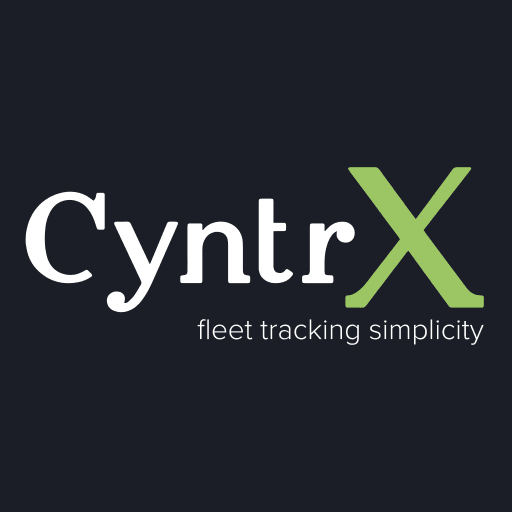Powered by MetaFuel
IFTA Made Easy
The simplest way to manage your fleet's fuel tax compliance.
Trusted by the best.




Product demo
See How it Works
It's only a few minutes.

GEOTAB

Integrations
Integrate Your Telematics
By connecting directly to your TSP, data is automatically captured and validated in real-time.
FAQ
Frequently Asked Questions
I'm an owner-operator. Can I use IFTA Pro?
Absolutely. IFTA Pro is designed for fleets of all sizes. We have a plan specifically for owner operators.



